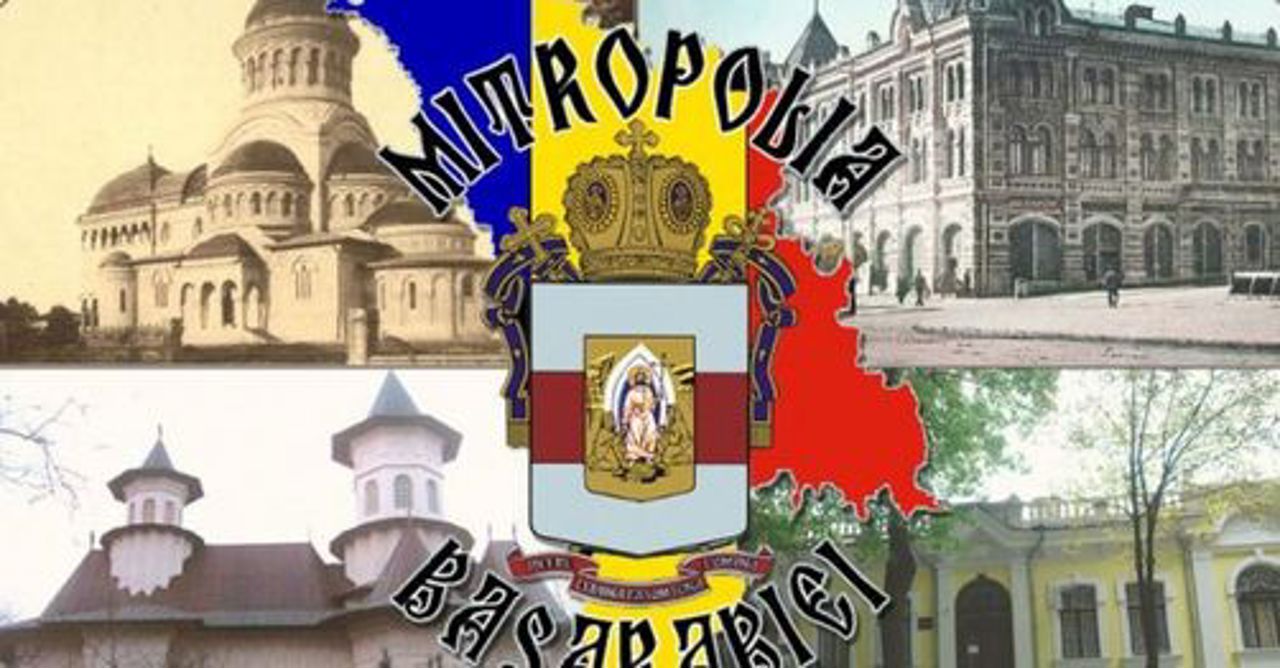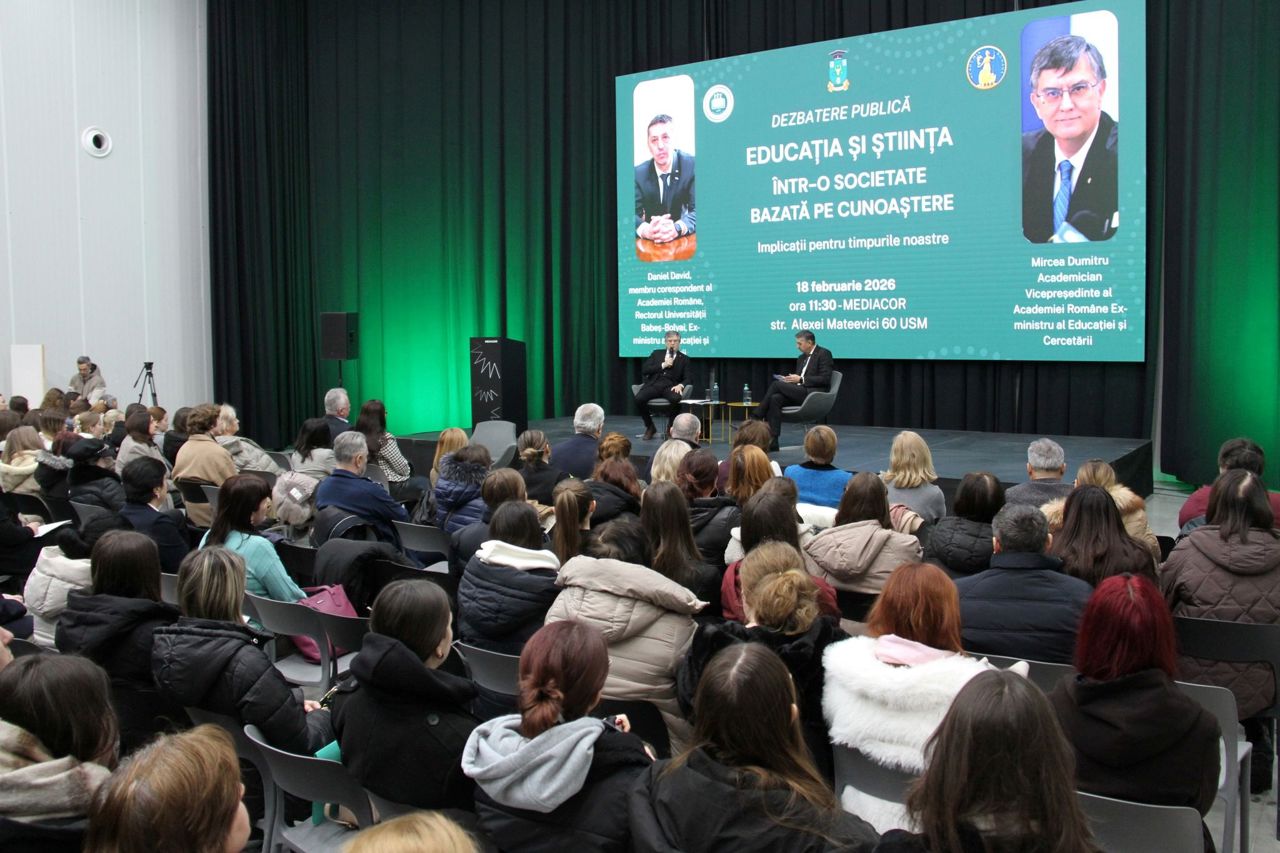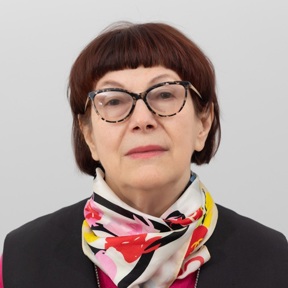Scientific symposium in Chisinau: The reactivation of the Metropolitanate of Bessarabia is a holy act of truth and justice
"The reactivation of the Bessarabian Metropolitanate after 30 years: premises, developments, truth" is the title of the scientific symposium organised today by the Bessarabian Metropolitanate, the Academy of Sciences of Moldova, the Institute of Political Sciences and International Relations of the Romanian Academy, other institutions from the Republic of Moldova and Romania.

Moments of spiritual experience on 20 December 1992: in the Patriarchal Cathedral in Bucharest, His Beatitude Teoctist, Patriarch of the Romanian Orthodox Church, and the Metropolitan of Ardeal, Antonie Plămădeală, a native of Basarabia, announced the decision of the Synod.
"The reactivation of the Metropolitanate of Bessarabia is a holy act of truth and justice that renews the fullness of the communion of ancestral faith and Romanian feeling," said the Metropolitan of Ardeal, Antonie Plămădeală.
The government of the time did not recognise the Metropolitan of Bessarabia, years of persecution followed, a journey through the courts, says Vlad Cubreacov, former representative of the Metropolitan of Bessarabia at the ECHR.
"There were 40 trials in total, the Metropolitanate of Bessarabia had to appeal to the European Court of Human Rights, and in 2001, on 13 December, this case in Strasbourg was crowned with success," recalls Vlad Cubreacov.
The symposium addressed topics about the past, present and future of the Metropolitanate of Bessarabia.
"Let's show who we are and what we stand for, i.e. the Church of our Romanian nation, so that we can see what the Russian Church is doing. Kiril has become a criminal, guilty of war, children and mothers are dying there", says the Metropolitan of Bessarabia, His Eminence Petru.
Beyond its religious function, the Metropolitanate of Bessarabia has other missions, says political analyst Dan Dungaciu.
"It has an identity function, it has a European function as a European Orthodox church, which sends the message that you can be Orthodox and European at the same time. Orthodoxy is not banned in the EU, on the contrary, Romania is an example", Dan Dungaciu stressed.
Several parishioners from Costești, Ialoveni district, who attend the Church of the Metropolitan of Bessarabia, came to discover the history of the return to the Church of the Nation. "So that we know who we belong to and which church we belong to, so that we are not such strangers in the country where we live," says priestess Maria Mereacre.
"We are glad that we joined the Metropolitanate of Bessarabia, because we feel at home here," says parishioner Maria Bortă.
"The Metropolitanate of Bessarabia includes in its bosom more than a third of the entire social body of the Republic of Moldova. It is, in fact, the ecclesiastical equivalent of the independence of the Republic of Moldova and a proof of emancipation from the spiritual tutelage of the centre of power in Moscow," said Vlad Cubreacov, president of the "Romanian Rising" Association.
Reactivated on 14 September 1992, the Metropolitanate of Bessarabia, its churches and monasteries continue the mission of enlightening the people through the ancestral faith, and carry out charity campaigns for the needy, generously supporting refugees from Ukraine.





